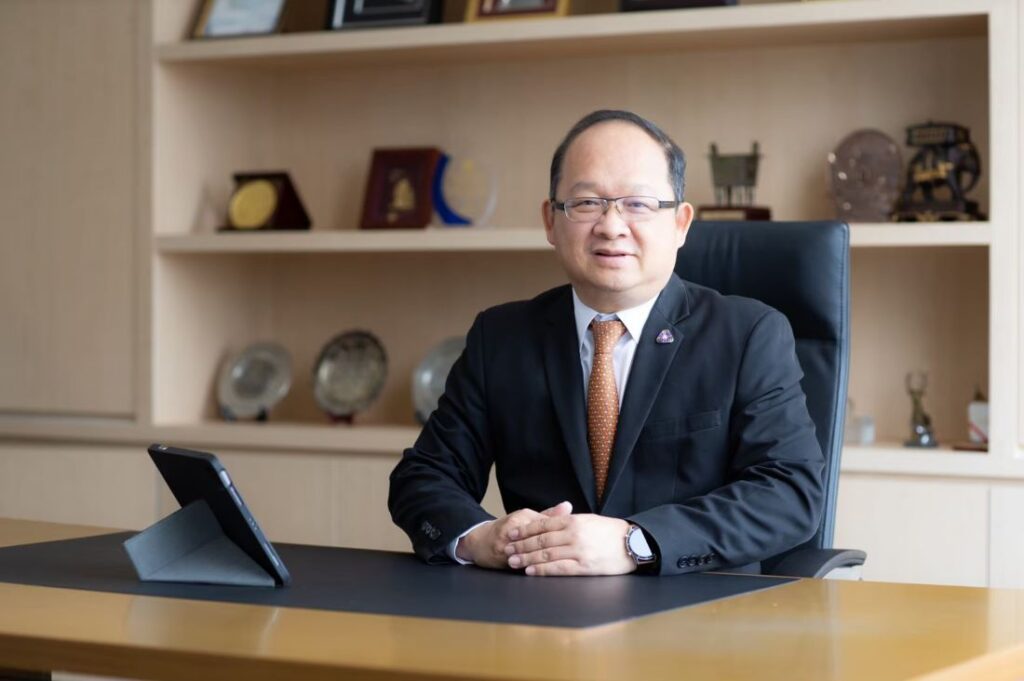The adjustments will contribute to a long-term solution for the nation’s PM 2.5 air pollution.
On Wednesday, FTI chairman Kriengkrai Theinnukul spoke while delivering the monthly report of the February Thailand Industrial Sentiment Index (TISI) survey.

According to him, local firms need cash assistance in order to modify their current manufacturing methods in order to comply with new environmental regulations and emerging green trends.
He pointed out that SMEs find it excessively expensive to spend in changing their production method. Consequently, if they are able to get a soft loan, it will motivate them to make changes and support the country’s transition to a green economy.

The FTI proposal is made while the nation experiences widespread poor air quality as a result of particulate matter (PM) with a diameter less than 2.5 microns surpassing the safe level. Some locations contain concentrations that are three to four times greater than the 50 micrograms per cubic meter safety standard.

In addition to financial support, Kriengkrai stated that the private sector needs the government to publish clear and simple rules, particularly in regards to matters pertaining to the circular economy.
According to him, the majority of firms are willing to take part in the green economy but are reluctant because they are unsure about the government’s strategy and its consistency.
Kriengkrai requested the relevant organizations to remove any restrictions that prevent the private sector from erecting more substantial solar rooftop systems.
He said that because of a capacity cap, expensive metering tariff rates, rigid grid connection fees, and a constrained ability to sell back to the power plant, many businesses are hesitant to increase their solar rooftop.
He thinks that one of the most crucial initiatives to inspire Thai business owners to switch to a green economy that would long-term sustain the nation’s prosperity is to make it simpler to install solar rooftops.
He continued that this would also be a long-term solution to the PM2.5 issue.
“To overcome the PM2.5 problem that exceeds the standard level, we propose that the government combine partnerships with the commercial and related sectors,” he said in his conclusion.
TISI has risen to its highest point in 47 months, since April 2019, around the time of the FTI proposal. In February, the index rose from 93.9 in January to 96.2 as a result of government stimulus programs and robust expansion in the travel and retail sectors.
Moreover, spending has increased nationwide as a result of the forthcoming election.
Yet, strong domestic demand and decreased operating costs in terms of raw material prices continue to be important elements in boosting the confidence of the industry as a whole.
Yet, worries about the world recession, geopolitical unrest, high inflation, and currency rate volatility cast a shadow on the export sector’s prospects.
The TISI is anticipated to climb from 101.1 in January 2023 to 103.6 over the next three months. Businesses think Thailand’s economy is headed in the right direction. The main factor is domestic consumption, along with investment and the tourism sector. The approaching election in May is anticipated to increase the economy’s cash flow, and Thailand’s export and tourism sectors will profit from China relaxing its Covid-19 control restrictions.




